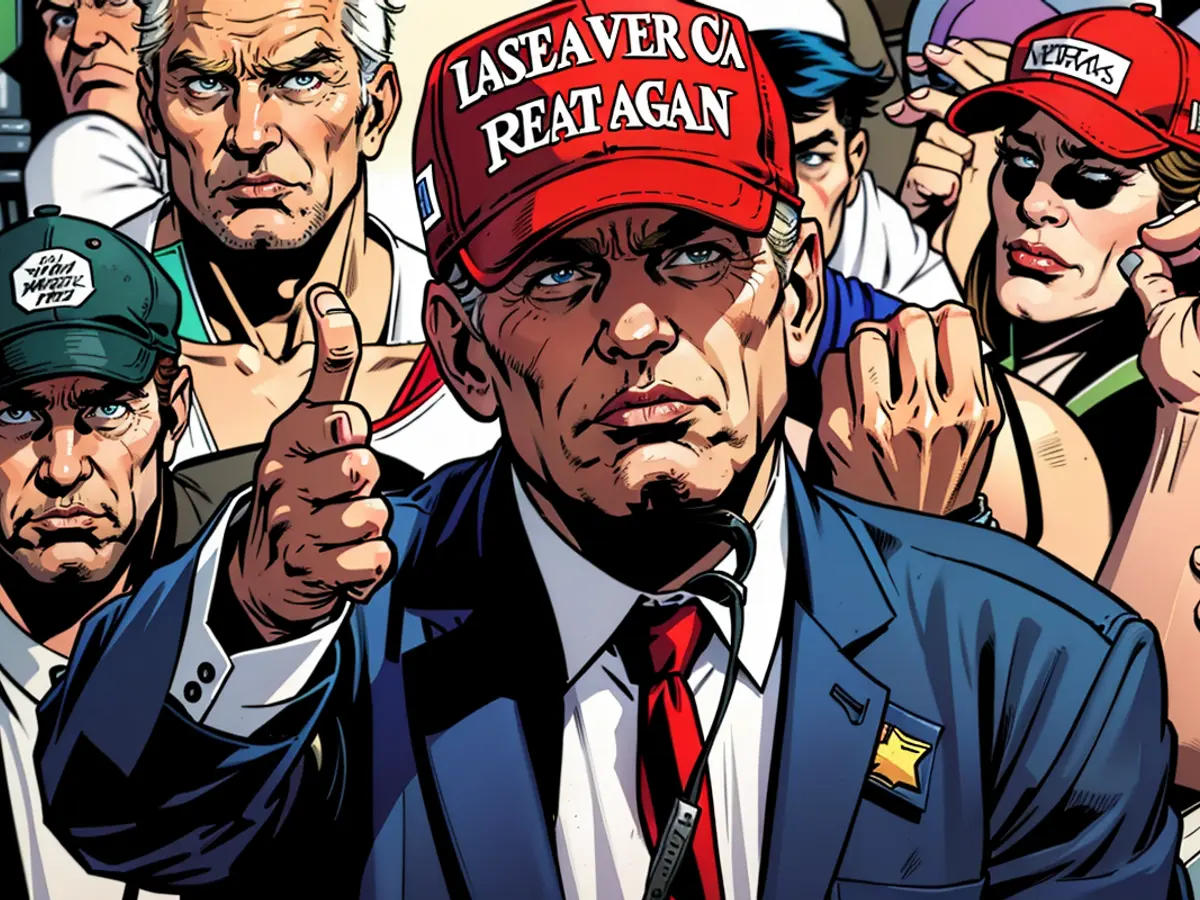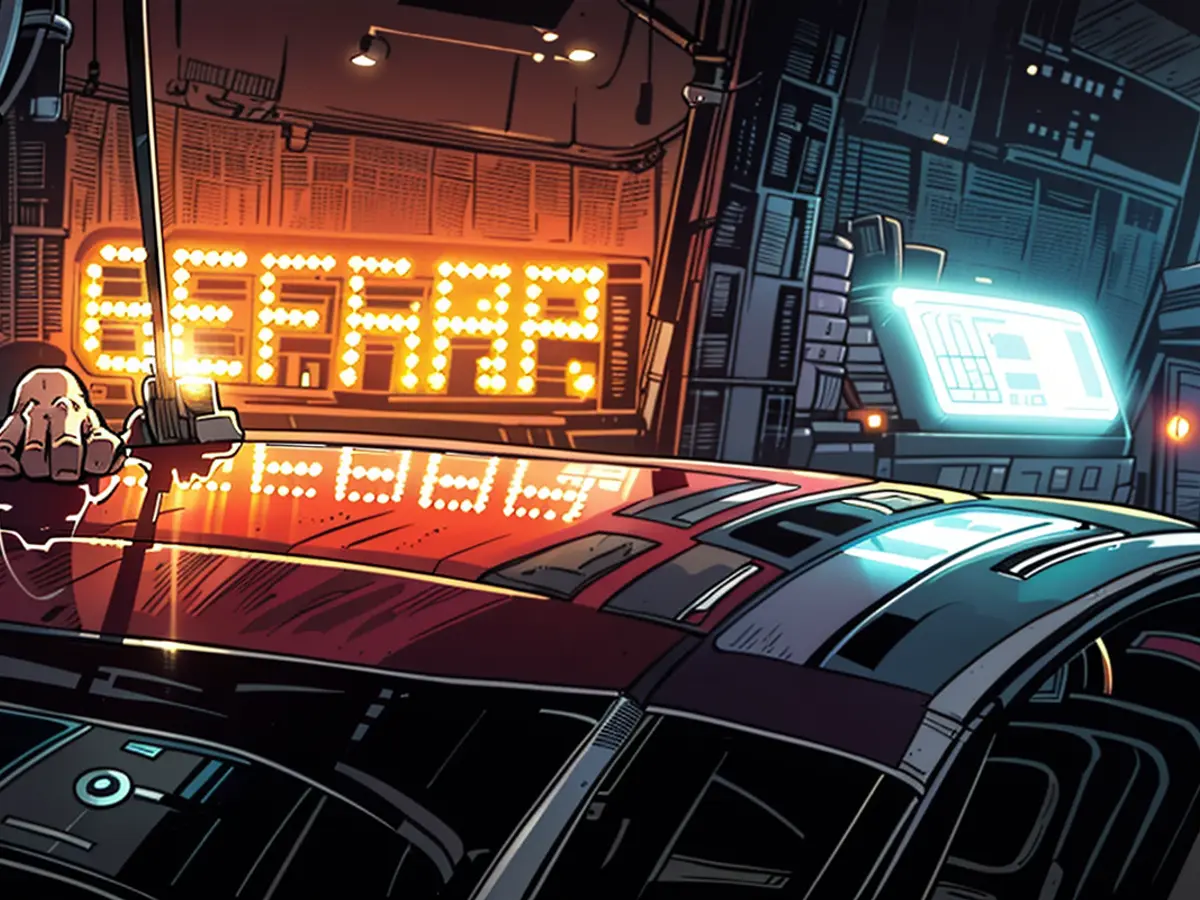CIA evaluation suggests Netanyahu is probable to oppose American urging towards planning a post-war agenda for Gaza.
Netanyahu might think he can keep the support of his security advisors and stop defections from the right wing of his coalition by talking vaguely about Gaza's future, according to a report reviewed by CNN on June 3. This is one of the most recent intelligence reports about Netanyahu's thoughts that have been shared with senior U.S. officials, said a source who knows about internal reports.
There is a shift in how the Biden administration sees Israel: less as a trustworthy ally and more as an unpredictable foreign government that needs to be studied and understood.
The CIA didn't respond when asked about this report from CNN.
The assessment shows how Netanyahu is resisting pressure from his own government and the Biden administration to define a "final state" for Gaza. It also warns that what Netanyahu said in public is likely true—he will only discuss post-war issues once he meets what he thinks are important security benchmarks, which could take months.
These benchmarks include completing "major military operations" (which analysts say is unclear) and killing Mohammed Deif, a Hamas military commander who was involved in planning the October 7, 2023 attacks in Israel.
Israel has tried many times to kill Deif, but he has been hurt, not killed. The report agrees with what CNN and others have said recently.
Now, senior officials from the Biden administration, including CIA Director Bill Burns, are meeting with mediators between Israel and Hamas during a difficult negotiation period.
Burns has been in charge of negotiating a possible agreement.
The U.S. has said the deal is an Israeli proposal and that they're waiting for Hamas to accept the terms, but Israel isn't excited at all. In private, the officials have been realistic about how hard it would be to get both sides to reach an agreement.
The relationship between Biden and Netanyahu, a leader Biden once said he "loved," has gotten more and more strained as the civilian death toll in Gaza has gotten higher because of Israel's bombing campaign. Biden and other U.S. officials are getting more critical of Netanyahu in public.
At first, the administration was hesitant to talk about Israeli politics, but now they're getting more open about Netanyahu's aims.
"There is every reason for people to believe that [Netanyahu] is prolonging the war for his own political gain," Biden said in a TIME magazine interview this week.
In the past, the intelligence community said publicly that Netanyahu's chances of being a leader were "in danger," mentioning public mistrust of Netanyahu's ability to govern and predicting "large protests demanding his resignation and new elections."
Netanyahu will face a political crisis inside Israel because of the military and intelligence mistakes that let Hamas attack southern Israel on October 7. He also has to deal with problems inside his own government. Even though Biden wants to end the war, he still faces pressure from right-wing officials in his shaky coalition to continue fighting.
The CIA assessment shows that in Israel, there is no agreement about what should happen after Gaza is over. Each cabinet minister has different opinions on how to govern, safeguard, and rebuild Gaza.
Netanyahu, for instance, is talked about next to a note saying he prefers a coalition of "moderate Arab states" to run Gaza and eventually let other leaders join in.
Other Israeli leaders have different ideas about what should happen after the conflict ends.
In general, the assessment shows that Israel's coalition government is divided about several important post-war issues. The CIA believes that the lack of agreement among Netanyahu's opponents could help him resist any pressure to make a plan for Gaza after the fighting ends.
"My main problem with Netanyahu is, what happens after Gaza is over?" Biden told TIME. "How does it go back? Do Israeli forces go back in?"








